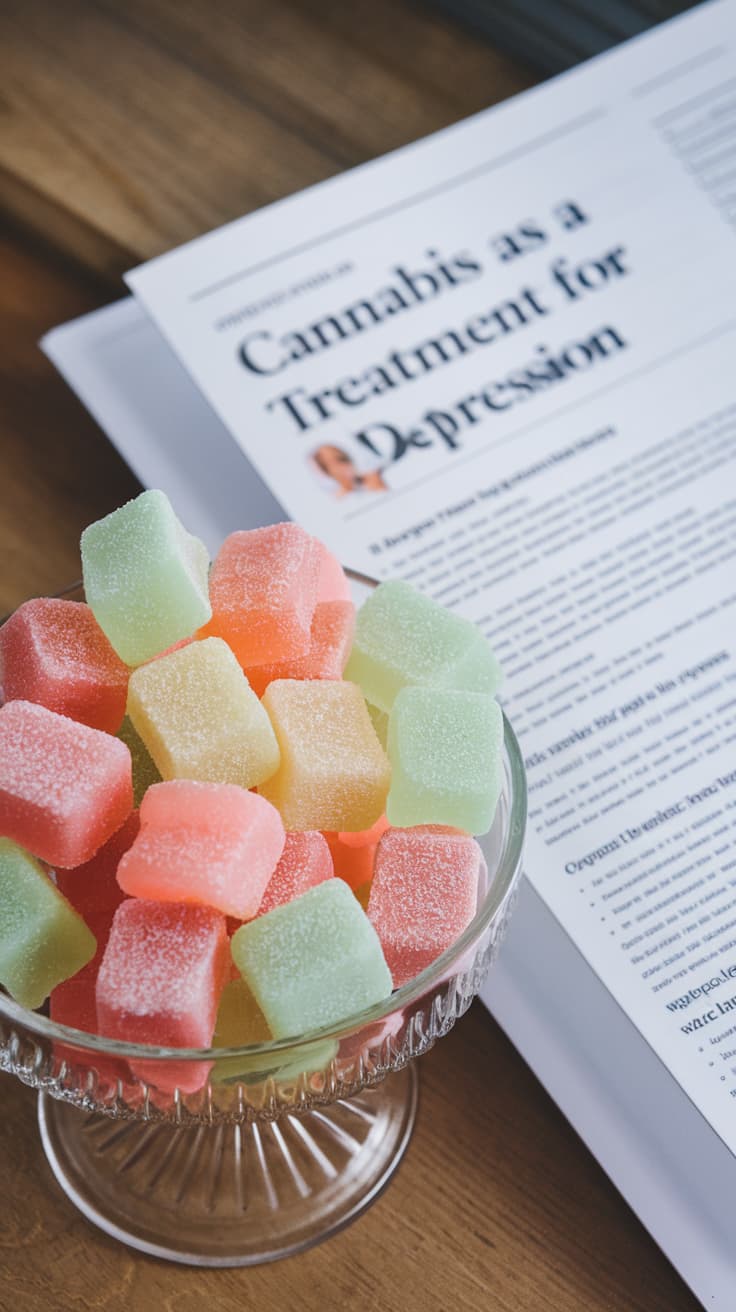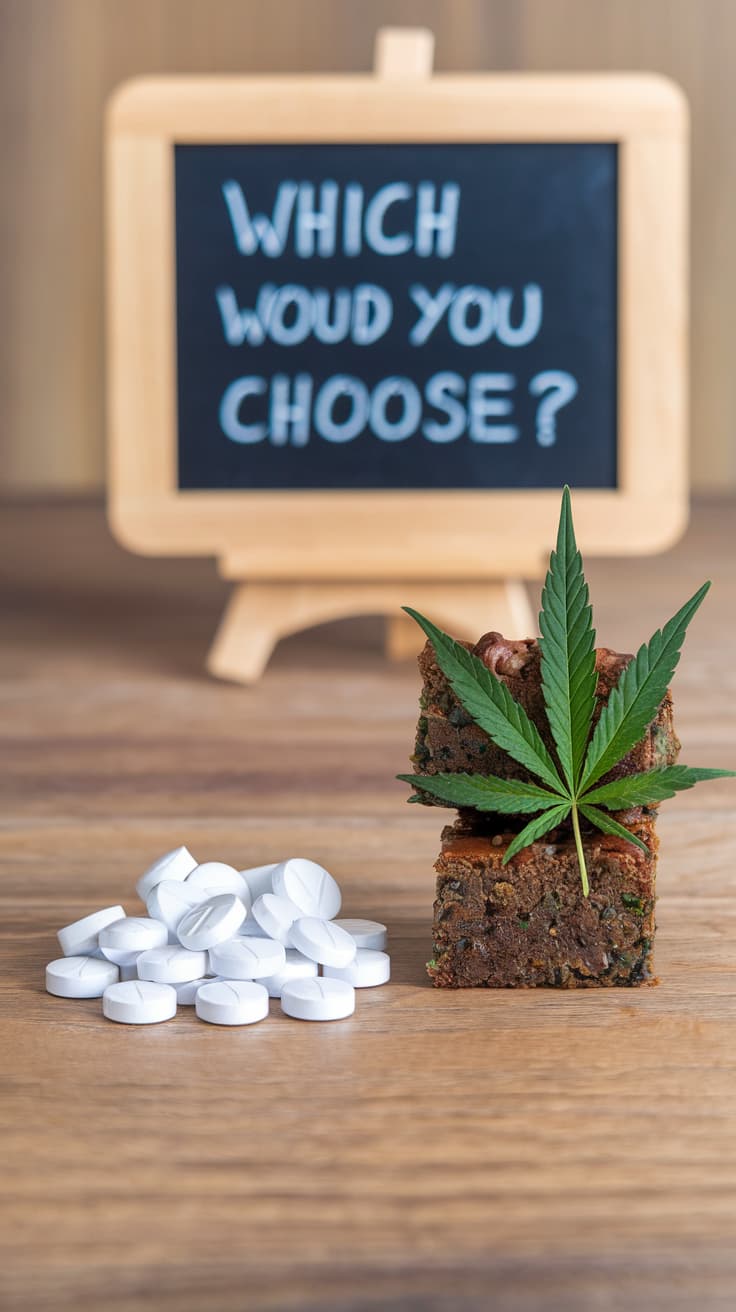Do Edibles Help Depression?
The other day, a friend had one of those depressed days… the kind where even their cozy blanket and feel-good playlist weren’t cutting it. Then I remembered I had a perfectly dosed edible to help them… but they were always questioning if it would be real relief, or just a temporary high? Can edibles actually help with depression? Well… a few minutes later, they were feeling things just… lighter.
But… let me explain why!

key takeaways
How Cannabis Interacts with Depression
Depression isn’t just about having a crappy day, you know? It’s a real thing, messing with your brain, your hormones, the whole nine yards. That’s where weed might come in…
Why Edibles? A Slow & Steady Mood Shift
When considering different cannabis consumption methods, edibles stand out for their unique effects and benefits:
- Last Longer: Effects can stick around for 4-8 hours, providing extended relief.
- Offer a Full-Body High: This can be relaxing and grounding.
- Are Easy to Dose (If Done Right): No sudden spikes, just a slow climb to euphoria.
💡 Watch Out: Too much can make you paranoid, anxious, or something worse. If you need help, check my dosage calculator.
What Science Says: Can Edibles Really Help?
Researchers are still looking into it, but what they’ve found so far is pretty interesting. It seems like there could be some real positives there:

How to Use Edibles for Mood Support
To get the most out of edibles for mood support, it’s important to approach them with intention and strategy:
- Choose the Right Strains: Try balanced THC:CBD edibles for mood stability.
- Dose Smart: Start low (2.5-5mg THC) and work your way up.
- Time It Right: Mornings for motivation, evenings for relaxation.
- Set the Vibe: Calm surroundings = better experience.
When Edibles Might Not Be the Best Choice
While edibles can offer benefits for mood support, they may not be the right choice for everyone, particularly if:
Edibles can be a helpful tool in managing mood, but they aren’t a one-size-fits-all solution. The key? Mindful dosing, the right product, and tuning into your body!
